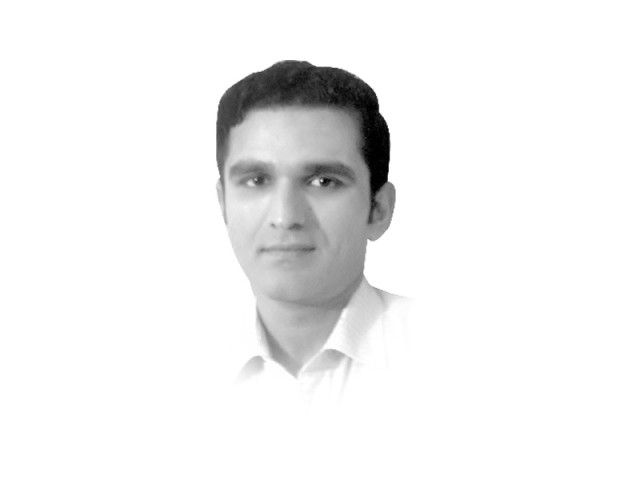Travels through Pakistan: the minorities
How can we engender interfaith harmony and understanding in Pakistan when we cannot even visit their holy places?

From Badshahpur, we went to visit the site of the battle of Chillianwala of January 1849, one of the critical battles during the Second Anglo-Sikh War. Walking around the two monuments, one commemorating the Sikh fallen and the other the British, I wondered how many people in Punjab, let alone Pakistan, knew about this battle and its effects on the subcontinent. Very few of my students had even heard about this battle, making me realise how disconnected, uninformed and perhaps, disinterested we are even with our own history — at least the ‘non-Muslim’ parts of it. It is as if ‘history’ in Pakistan is synonymous with ‘Muslim’ history and nothing extra merits consideration.
From Chillianwala, we travelled further north to Murree and then onwards to Nathiagali, Kaghan, Naran and Batakundi. There is a lot to write about this amazing trip but let me highlight just two more events/incidents.
In Nathiagali, we went to see the Governor’s House of the Khyber-Pakhtunkawa government — a beautiful building which housed the frontier governor during the summer in the British and early Pakistani period. While we could not enter the house, due to security considerations (even though no one was there), I thought of showing my students the nearby St Mathew’s Anglican Church, a completely wooden structure which was built in 1914 and mainly used for worship by the governors and his entourage. However, when we went to see the church, the attendant, who was a Muslim incidentally, flatly refused to show the church to us. I tried to reason with him and showed him my FC College identification but he refused to unlock even one door to let us in. In the end, I had to ring the Parish Priest in Abbottabad so that he could convince the caretaker. Eventually, we got to see the beautiful little church.
On our way back, as we crossed Hassan Abdal, I thought of showing the students Gurdwara Panja Sahib, one of the holiest shrines in Sikhism. However, when we tried to enter the gurdwara, we were thwarted by the doorkeeper, who again happened to be Muslim and simply and quite rudely refused to let us enter. We pleaded with the person that we had come all the way from Lahore and wanted to see the ‘Punja’ for educational purposes but he would not listen and crudely sent us away. In the end, thanks to the SHO of the local police station we got access to the gurdwara, just enough to see the hand mark of Guru Nanak sahib.
My intention in highlighting the above two incidents is to argue against such restrictions on visiting the holy places of minorities in Pakistan. How can we engender interfaith harmony and understanding in Pakistan when we cannot even visit their holy places? The physical experience of a Sikh gurdwara or a Christian Church is very different from simply reading about them. I understand that there are security considerations but why can’t the doorkeepers thoroughly check the incoming public and then allow them entry? At both the church and gurdwara, we were not searched at all and I wondered what all the fuss was about then, if not security? We simply need to tear down these barriers so that interfaith understanding and tolerance can develop in Pakistan.
Published in The Express Tribune, July 10th, 2012.













COMMENTS
Comments are moderated and generally will be posted if they are on-topic and not abusive.
For more information, please see our Comments FAQ